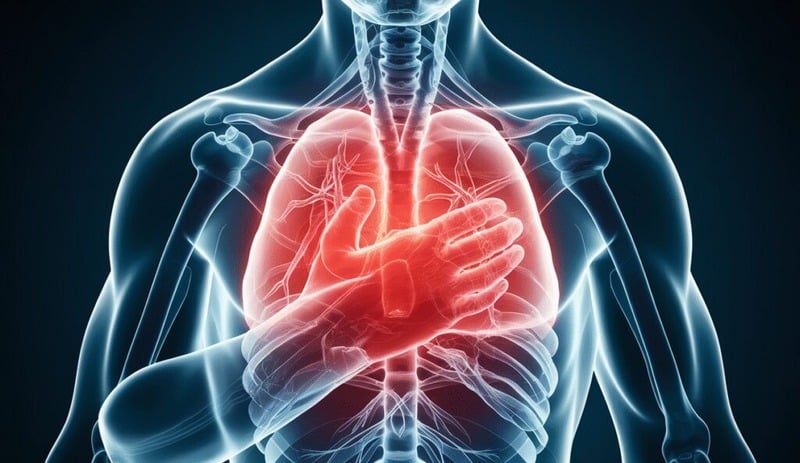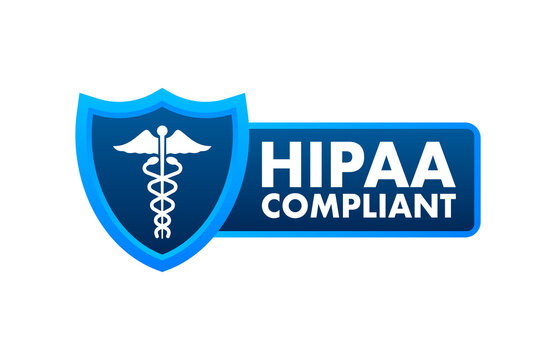
Your heart starts racing. That chest pain feels different this time. Is it serious? Should you panic or wait it out? Chest pain can be scary, but knowing when to seek help makes all the difference.
Our medical team is here to guide you through understanding your symptoms and making the right choice.
Table of Contents
ToggleUnderstanding Chest Pain: When to Visit Urgent Care at Insight Urgent Care in Houston, TX
Chest pain can be frightening, but not every ache signifies you’re having a myocardial infarction. We have encountered this in precise detail on numerous occasions-patients enter the clinic in a panic, but it’s usually a cover for something far less serious.
What Types of Chest Pain Can Urgent Care Handle?
Let us analyze it. Pain in the chest has many manifestations, and the vast majority are not life-threatening emergencies. Our clinicians see these cases every single day and can rapidly assess whether the patient needs further evaluation or is safe to go home.
A lot of what feels like an urgent threat to the body’s version of 911 turns out to be a pulled muscle, esophageal spasm, or a mild case of the bends.
Usual non-emergency chest pain might involve stress-induced mild discomfort, slight pressure post-exercise, or a sharp but short-lived sensation that comes and goes. These are generally indications that you’re due for a medical check-in but not a signal to call 911.
Signs You Should Come to Urgent Care for Chest Pain
You might ask yourself, “When is chest pain urgent but not an emergency?” Here’s what that means for you:
- Not severe pain in the chest that is prolonged.
- Pain in the chest that is sharp but not lasting.
- Pressure in the underlying region of the chest that is not painful.
- Chest pain that occurs after physical exertion and is not severe.
A visit to Insight Urgent Care can help pinpoint the underlying reason if you’re experiencing any of these symptoms and give you reason to breathe easy again.
When to Skip Urgent Care and Call 911 Immediately
Some kinds of chest pain need immediate emergency attention. Always put your safety first. If you ever have these kinds of pains, call 911.
The most important symptom of a heart attack is severe, sometimes unbearable chest pain. The pain may feel as if you are being crushed or as if there is something very heavy pressing down on your chest.
You may also feel this pain radiating to your arms or your jaws, and you may be having so much pain that you cannot breathe or may be taking very short, quick breaths. You may also find that you’re feeling cold and sweaty and that you are feeling a lot of pressure in your chest.
The immediate necessity of medical intervention may be indicated by these symptoms if they point toward a serious heart condition.
You May Like To Read: Do Houston Urgent Care Centers Offer Rapid COVID Testing?
What to Expect During Your Chest Pain Evaluation
Upon your arrival at our urgent care location in Houston, a thorough medical examination will be performed by our team. Here’s what usually transpires:
We will initiate the process with an in-depth conversation regarding your symptoms—when they commenced, the sensations they elicit, and any possible catalysts. Our team will then move on to a brief physical assessment, verifying your most crucial vital signs and taking stock of your heart and lung functions.
We might advise simple tests such as an EKG or chest X-ray to get a better grasp of what’s going on, depending on the exact symptoms. These tests are fast, non-invasive, and help us give you accurate care.
Crucial Medical Disclaimer: Always get a medical professional’s opinion before beginning or ceasing any treatment. Unsure of how serious your chest pain is? It’s best to be cautious and seek immediate medical attention.
For particular inquiries concerning your signs or our provisions, we suggest phoning our health center directly to converse with a medical professional who can give you tailored direction.
Final Words
Your health matters. Trust your instincts, but also know the difference between urgent care and emergency scenarios.
We’re here to help you navigate these tough moments. If you’re unsure about your chest pain, come see us. Better safe than sorry. If symptoms feel severe or life-threatening, always call 911 or go to the emergency room.


